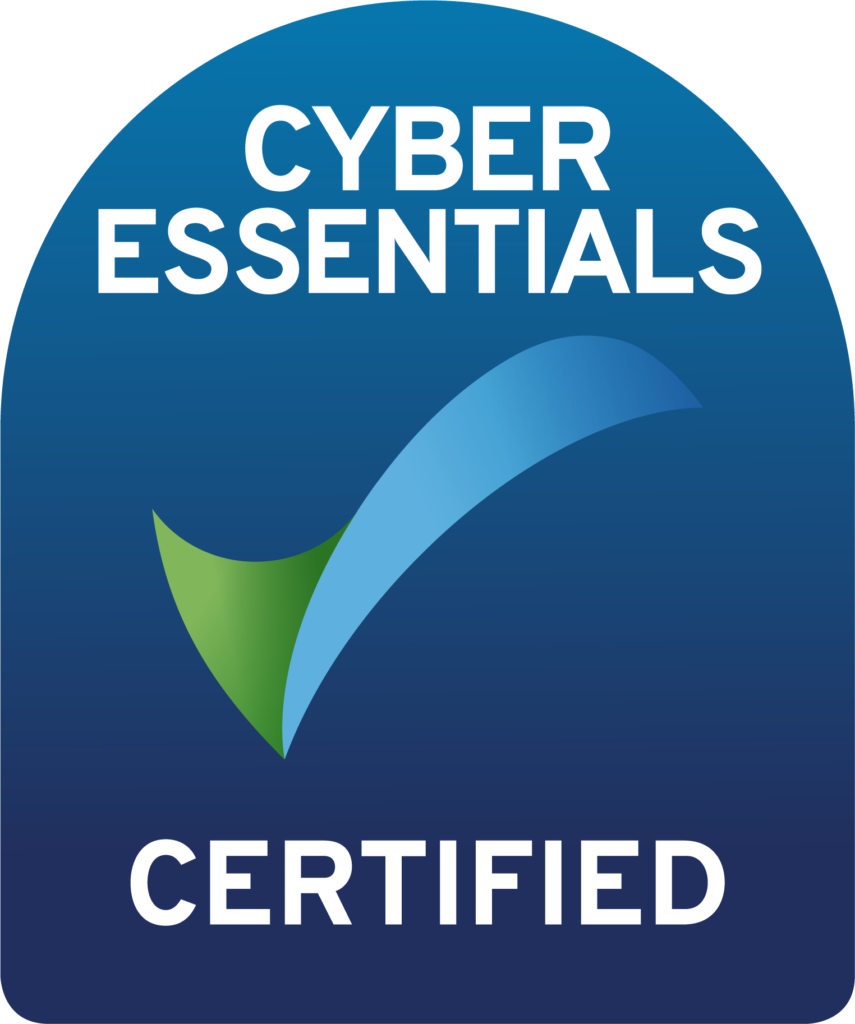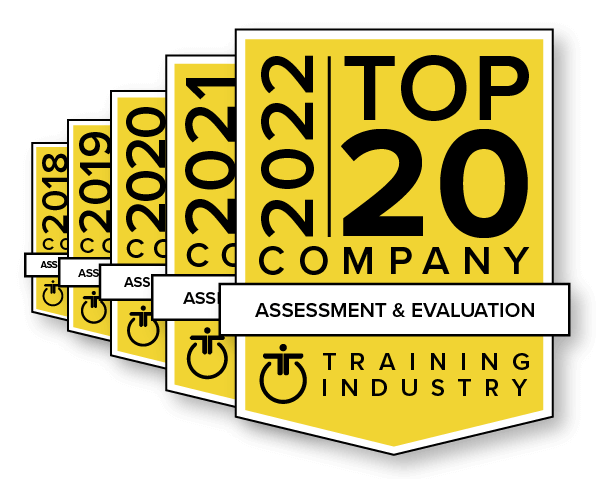Disengagement. Depletion. Burnout. It happens to everyone from time to time, for a variety of reasons, but it shouldn’t happen because of weak and ineffective leaders.
Ineffective managers can demotivate team members and create uncertainty—and people leave bosses, not organizations. By the time L&D leaders receive the results of formal engagement surveys and exit interviews, it’s too late to bring those people back.
But as the saying goes, an ounce of prevention is worth a pound of cure. This blog is all about developing managers so they have the skills to spot changes in contribution early, prevent disengagement before it happens, and help turn it around when it does.
An effective development program will provide every manager with the knowledge and skills to co-create relationships, set mutually meaningful goals with their employees, and run effective and compassionate interventions when somebody’s motivation flags, to ultimately prevent unnecessary turnover and quiet quitting.
As you design your manager development program, keep these seven outcomes in mind.
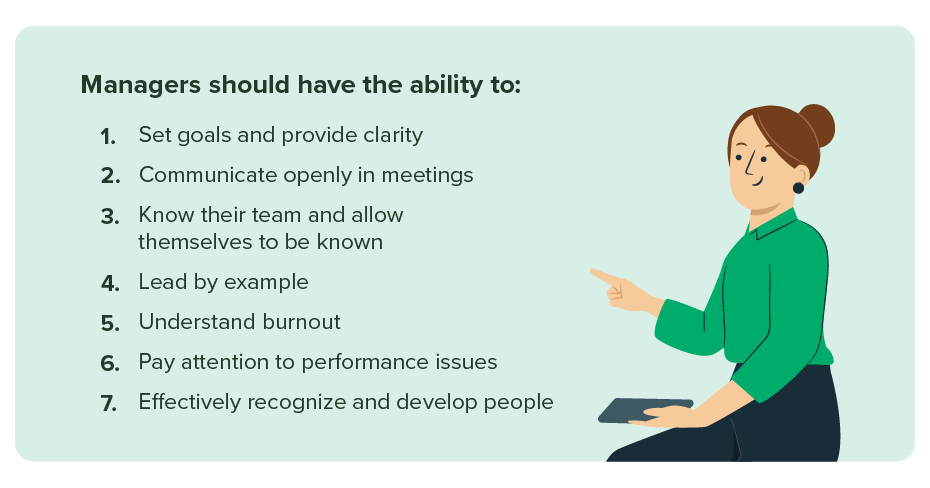

Spend time developing managers on how to set effective objectives for individuals and the team. They need to know what an effective objective looks like and how to communicate it in a way that resonates with each individual.
People will become disengaged if they feel unclear about what’s expected of them, and they’ll also feel disconnected from the whole if their individual goals do not relate to the team’s or organization’s objectives. They want to be involved in coming up with appropriately challenging goals and the path to achieving them, so the manager development program should teach managers to empower people to take ownership of their own performance.
People also want to understand how they are doing against those objectives. They become disengaged if they don’t receive feedback, or if they perceive that their KPIs are disconnected from the agreed-upon objectives.
For managers, consistency is key; they can’t keep moving the goalpost. People can deal with occasional changes in direction, as long the reasons for the change are communicated clearly.
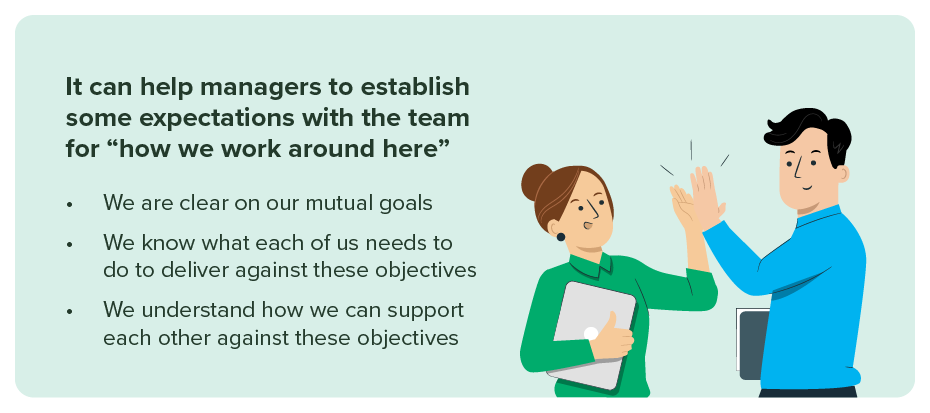

The development program should teach managers to watch out for a change in contribution at meetings, either in terms of the amount or type of contribution. One tell-tale sign of disengagement can be that people are contributing less, but they also might start speaking up with the reasons why something won’t work as opposed to the reasons why it will.
Help managers ensure that meetings are effective and focus on the key issues, separating tactical, operational, and strategic meetings. People get frustrated when they feel misunderstood or struggle to get their voice heard in meetings, so train managers on how to build an environment where every member of the team has a voice.
Finally, teach managers to check the temperature of the room (or virtual space) by asking how people are feeling, and welcoming feedback on the meeting itself.
You may also be interested in reading: 5 Ways Managers Can Promote Psychological Safety

The key to achieving individual and team engagement is genuinely knowing people—as people. The development program should encourage managers to spend time getting to know each employee: to understand what motivates them, what their individual values are, and what they need from the relationship with their boss.
The SDI 2.0 Assessment is an incredible tool for managers to explore how their own motives and values, and those of their employees, link to the values of the organization.
This assessment gives the manager a framework for discussion when they spend time intentionally getting to know their team. It helps everyone in the group appreciate each other’s differences, but also recognize that they are all similar in some ways. Doing this on a regular basis will help the team feel trusting enough to let the boss know when they’re struggling.
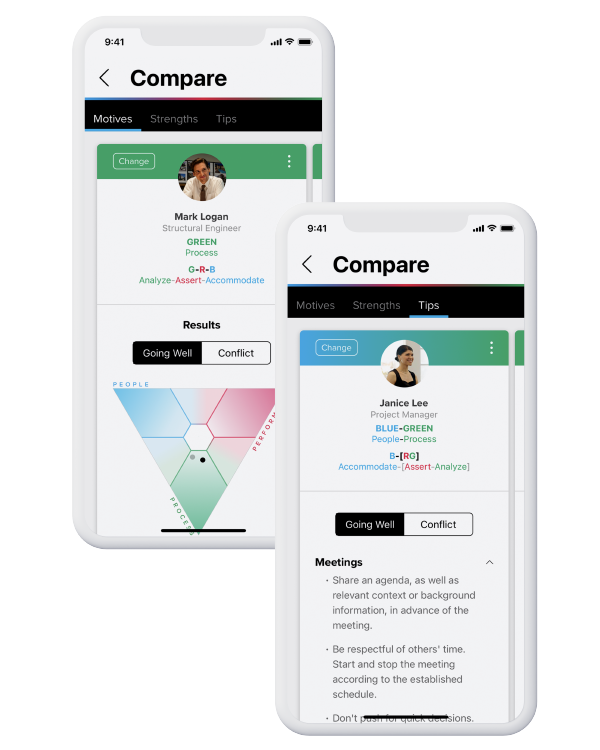
At one financial services company, an employee was about to quit their job, and the manager was happy for them to leave because they were underperforming. After a manager development program that introduced the SDI 2.0, the boss decided to try one last time to understand that person—what drives them, what they enjoy about the job, where they struggle—and what they needed from the boss to help them in this role. They had these kinds of conversations for several months and made sure they didn’t only talk about performance. After that, the employee was much more engaged in their job, their performance improved, they didn’t exit the company, and the manager didn’t want them to.

Managers often feel that they need to appear cheerful every day and have all the answers. The development program should make it clear that leading by example does include showing up with enthusiasm and a positive attitude, but does not include hiding their vulnerability.
Managers have a lot of responsibility, and they need their own outlets for showing their true feelings and being able to raise their concerns. A great development program will also create a peer-to-peer network that gives managers someone to reach out to when they’re not okay.
Then, managers can better foster an environment of honesty and vulnerability on the team that reports to them, and be a nonjudgmental resource when anyone needs help.

For a manager to understand the pressure their teams are under, they need to recognize the pressures in their own lives, both at work and outside. In his book Drive, Daniel Pink identifies three essential Intrinsic motivators that when present, produce strong performance, better health, and greater overall well-being. However, when work pressures are such that these key elements are missing, the likely result is demotivation and possibly burnout.
The three elements of high performance and job satisfaction are:
- A need for autonomy – our desire to direct our own lives.
- The pursuit of mastery – our urge to get better and better at what we do.
- Striving for purpose – our aspiration to be part of something bigger than ourselves.
In a challenging economic environment, a team member may struggle to say no to requests and as a result, be unable to keep up with their workload. This would be experienced as losses of autonomy and mastery. Or a manager may end up leading more people than before or end up as a player-manager—either way, not the job they signed up for. This might be experienced as a loss of purpose. Should these adverse conditions persist, the absence of these essential motivators would be very draining and burnout is the inevitable result.
You as the L&D leader can be a resource for managers to learn how to recognize burnout in themselves and others, and work creatively to find solutions within the organizational culture that allow people to work more autonomously, gain a sense of mastery in their roles, and see a larger purpose, in ways that are meaningful to them. Core Strengths training can provide insight into the unique ways in which people experience the three key motivators.
You may also be interested in reading: A Manager’s Guide to Reducing Burnout


Unresolved conflict and performance issues will drain energy and create a negative, disengaging atmosphere for the entire team. The development program should give managers the skills to deal with conflict and resolve individual and team performance issues right away.
Teams always know—and resent—when someone isn’t pulling their weight, so a manager needs specific skills and processes to have the hard conversations around performance issues. Teach them to identify the problem, have a collaborative, open conversation with that person, and then support them to either improve or move on.
You may also be interested in reading: Template for Performance Reviews

At one retail business, the owner took Christmas day off and left the manager in charge. The manager called the owner eight times that day because he believed his boss didn’t trust him and wanted to maintain a high level of control. Meanwhile, receiving nonstop phone calls made the boss think the manager was incompetent.
The reality is that they haven’t built a relationship where they could be transparent with each other about expectations. They eventually agreed on a method to check in with each other in the future to meet each other’s needs.
This development program should emphasize that managers need to empower people to find their own way. Micromanagement only makes people feel that they’re not trusted, and their engagement and initiative will dwindle as a result.
Everybody develops differently. Help managers see that their employees won’t all want what the boss wants in terms of personal and career development. Then, give them the skills to develop people in their current role, develop toward a future role, and help the team develop as a unit.
It’s also crucial for managers to regularly recognize employees’ achievements in a way that’s meaningful for them, celebrate their milestones, and give positive feedback.
You may also be interested in reading: How to Make Employees Feel Valued
Not just another forgettable manager training
Contact us about a custom consulting engagement based on the specific, unique issues you’re trying to resolve. Core Strengths can work in partnership with you to design a manager development program that successfully:
- Identifies the issues
- Targets key manager populations
- Hones in on the areas to focus on
- Builds a sustainable, embedded solution
- Measures effectiveness


